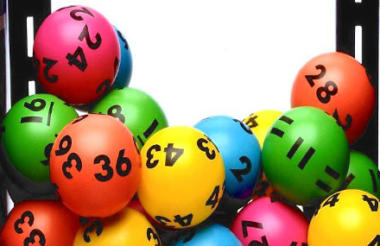Camelot’s legal claim against the Gambling Commission could lose good causes millions of pounds in damage costs, the regulator's chief executive Andrew Rhodes has confirmed.
At a Digital, Culture, Media and Sport (DCMS) select committee hearing yesterday, Labour MP Kevin Brennan asked if there was any truth to press reports suggesting that good causes could lose up to £600m due to Camelot’s legal proceedings, to which Rhodes replied it was “almost impossible to calculate an accurate figure at this point”.
It will be up to the culture secretary Nadine Dorries to decide where any damages are paid from, Rhodes clarified, but it is possible damage costs could be taken from funding for good causes.
Camelot, which ran the National Lottery for 28 years, began legal proceedings against the Gambling Commission in April after the fourth licence to run the lottery was awarded to a different organisation.
The chair of the DCMS committee, Julian Knight, said that Camelot has some “brass neck” as “a court case they’re indulging in could basically rob the futures of young people across this country by taking such huge sums from good causes”.
Earlier this year, Allwyn was awarded the fourth licence for the National Lottery for the first time. Nigel Railton, chief executive of Camelot, said it was taking legal action because he felt the Gambling Commission had got “this decision badly wrong”.
New licence should encourage raising funds for good causes
Rhodes told MPs that “there is nothing the Gambling Commission can do to prevent someone from seeking legal action against it” and that if legal action is successful, it can incur a series of costs in damages.
The chief executive said that the Gambling Commission has made changes to the licence regarding how the operator makes money from it.
The previous licence was constructed in a way so 95% of profits from the National Lottery went to good causes and 5% went to the operator.
Rhodes said the fourth licence has been changed so that the surplus generated after costs is shared between the operator and funding good causes.
He said this means the operator is “not incentivised on sales, they’re incentivised on the best returns for good causes.”
Related articles











